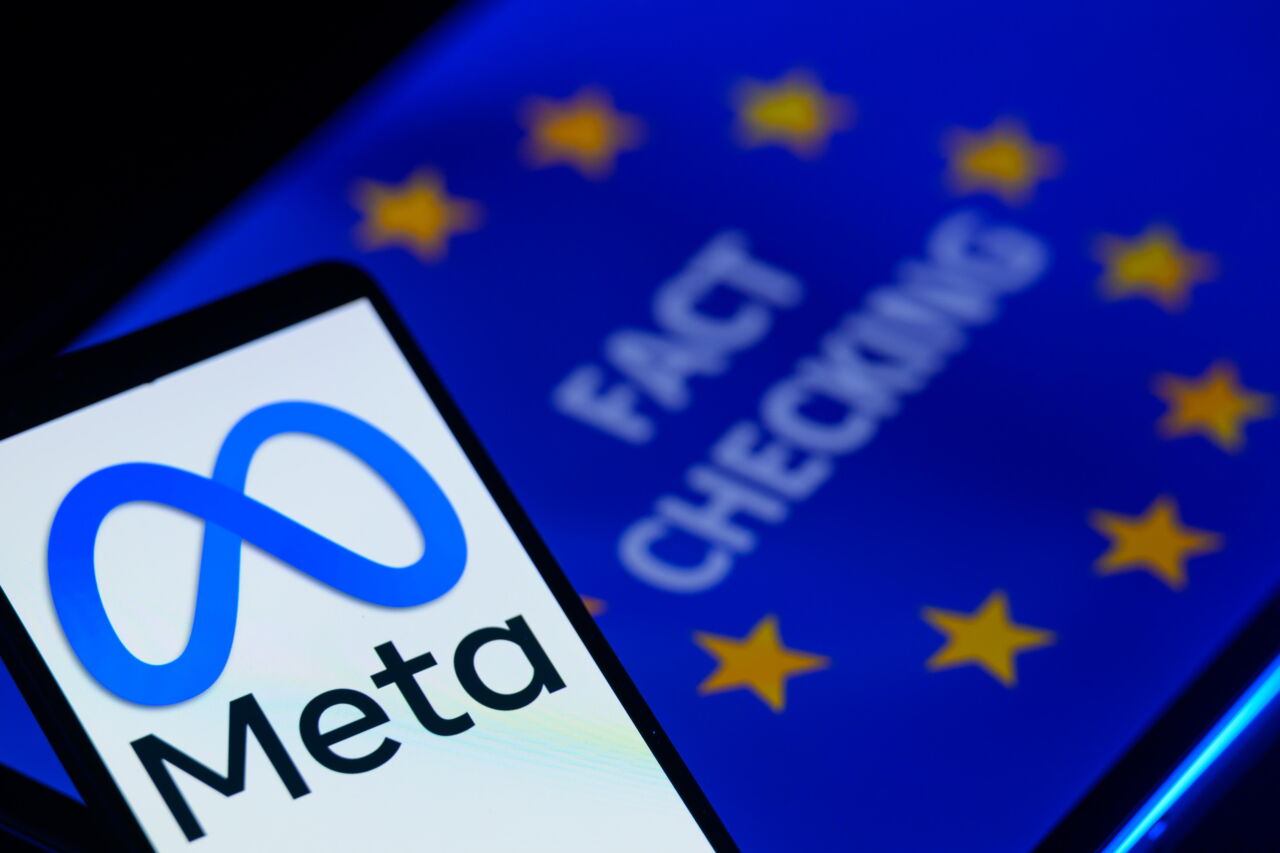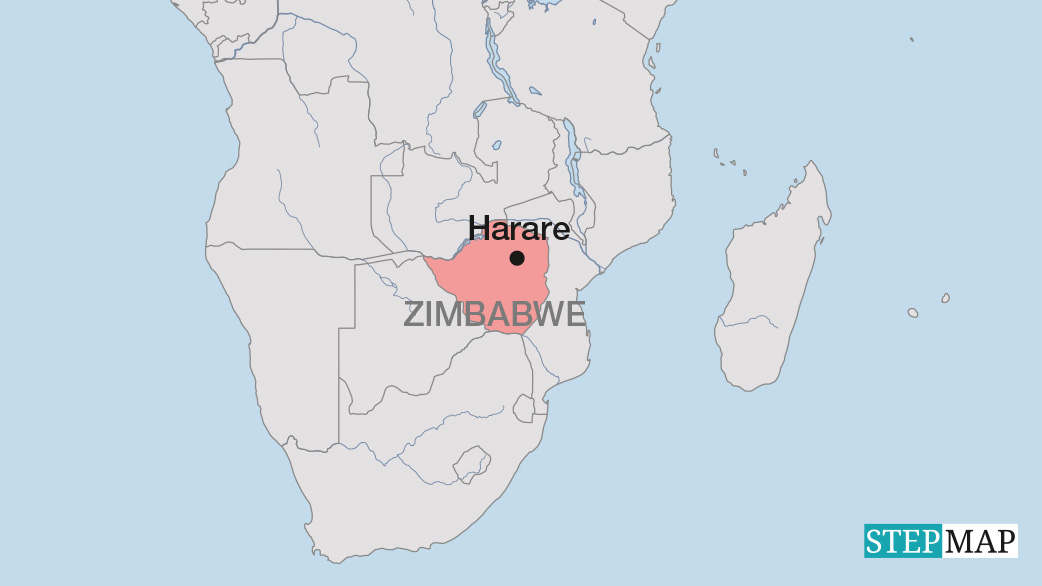Social media
Mercenaries of digital disinformation

Those who sought out a man with the code name “Jorge” typically had a lot of money, few scruples and large ambitions. In the summer of 2022, a man posing as a representative of an African politician wanted to order election manipulation from the consultant “Jorge”. “Jorge” quoted a price of around € 6 million for the job. The consultant justified the high cost of his services by pointing to his successful track record: He bragged that his “Team Jorge” had already used digital disinformation to influence 33 presidential campaigns, 27 of which were successful.
In this case, however, the supposed new customer was a journalist. A team from the international research collective “Forbidden Stories” went undercover to expose some of the mechanisms of the digital disinformation war that is endangering democracy worldwide. Dubious service providers like “Team Jorge” are trying to influence debates and even elections. They create artificial trends on social-media networks, circulate rumours and destroy people’s reputations with the help of, for example, armies of fake social-media accounts, AI and, occasionally, cyber espionage.
“For years, manipulation on social media has been a shadow industry that has received little attention,” says journalist Max Hoppenstedt, who works for the German news magazine Der Spiegel and reported on “Team Jorge” as part of the international “Forbidden Stories” team. He explains that the number of companies conducting these operations worldwide remains unclear – it is often difficult to trace the source of disinformation campaigns.
The tools of disinformation
The investigation of “Team Jorge” nevertheless sheds light on their tools and strategies: “We could see that Team Jorge has a wide variety of weapons in its arsenal, ranging from hacking attacks on high-ranking politicians to the systemic spread of chaos and lies on social media to manufactured scandals,” Hoppenstedt says. “The unique thing about Team Jorge was that its troops offered their services to pretty much anyone – from despots to disreputable businessmen – like they were mercenaries in an information war.”
According to “Forbidden Stories”, the man who calls himself “Jorge” is an Israeli businessman named Tal Hanan, who used to work for Israeli special forces. For at least 10 years, he has apparently led a team made up of former intelligence officials and security and digital experts who carry out the digital dirty work of his influential clients.
An army of bots
In 2022, his squad commanded an armada of around 30,000 fake profiles on platforms like Facebook, Instagram and Amazon. The team developed software called Advanced Impact Media Solutions (AIMS) to quickly create and direct virtual avatars. This network of virtual fake people can flood digital platforms with posts or comments and manipulate social-media trends. Based on a few keywords, the software also automatically generates positive, negative or neutral content in any language.
“Team Jorge’s methods are old, but effective and therefore profitable,” says Alberto Escorcia, a Mexican digital expert who has analysed digital disinformation in Latin America for years and also took part in the “Forbidden Stories” research. “They don’t use any sophisticated techniques. Instead, they basically generate a huge amount of spam, which is then promoted by networks of influencers who were hired for that purpose.” Through various networks, they “create a collective narrative, which becomes larger and more powerful than trends in other networks through sheer brute force,” says Escorcia.
According to him, the software used by “Team Jorge” is a kind of copycat of “Tweetdeck”, a social-media dashboard that allows multiple accounts on X to be monitored at the same time. “Team Jorge” also apparently places fake-news items in journalistic reports and tries to convince celebrities, influencers and their fans to pass on the rumours the bots have spread, thereby concealing their source – like money laundering. According to Escorcia, “Team Jorge” is one of the oldest and best-known groups working in Latin America; it is especially active in South America. He explains that in countries like Mexico, Colombia, Ecuador, El Salvador, Costa Rica and the Dominican Republic, these disinformation warriors have already interfered in elections.
Cyber espionage for Cambridge Analytica
“Team Jorge” also sometimes exploited security gaps to obtain sensitive information and contacts and hack into accounts. During his conversations with journalists from the “Forbidden Stories” team, “Jorge” demonstrated his skills by gaining live access to the e-mail and messenger accounts of several high-ranking Africans. He hacked Telegram accounts and then posed as the account holders to send messages to their family members.
“Jorge’s” team also seems to have provided cyber espionage services to the notorious British company Cambridge Analytica, which is now defunct. In 2018, the consulting firm became well known worldwide because of a data scandal: It used the data of up to 87 million Facebook users to influence elections around the world through personalised digital campaigns. According to “Forbidden Stories”, hackers from “Team Jorge” marched into the offices of Cambridge Analytica with USB sticks that were allegedly full of confidential information gleaned from e-mail accounts, including data from a Nigerian presidential candidate. Even some Cambridge Analytica employees were shocked, as one ex-employee later told The Guardian.
Rumours in messengers
The providers frequently spread their disinformation campaigns across multiple channels simultaneously. “The agencies usually sell a package made up of political spam and dirty social-networking tactics, along with rumour-mongering and election advertising via WhatsApp numbers and zip-code campaigns via Facebook ads,” Alberto Escorcia observes.
Content on social media is not placed in a journalistic context. The formats are short, and abbreviated, sensationalised and emotional messages often spread particularly well. All of these factors make the platforms ideal targets for propaganda and disinformation. “Young people, especially, have had enough of traditional politics; it bores them,” observes Ivón Rivera, a communications expert who teaches and researches at the Central American University in San Salvador (UCA). “They want to consume information as entertainment, in little information bytes.”
Rumours also go viral in messaging apps like WhatsApp or Telegram. In chats or closed groups, information spreads quickly, without opposition. According to Escorcia, people are often more likely to trust peers like friends, acquaintances or family rather than traditional media.
AI as a multiplier of disinformation
Alberto Escorcia is concerned about the fact that AI software is now increasingly being used to create and spread posts and entire campaigns automatically and on a large scale. During the presidential and parliamentary campaigns in Mexico in 2024, for example, he observed that the programming interface of the AI company OpenAI was being misused to create thousands of tweets and Facebook ads.
Social networks like Facebook, Instagram or Twitter, now X, have introduced tools and processes in recent years to uncover fake accounts, bot networks and disinformation, including community reporting, fact-checking and AI software designed to automatically detect suspicious posts or profiles. “The research on Team Jorge showed that the defences of social-media companies like Facebook against masses of automated and lying bot accounts function significantly worse than the companies would have us believe,” says Spiegel editor Max Hoppenstedt. “We were able to demonstrate that the companies failed to notice numerous fake accounts for a long time.”
The tech companies have also fired many community managers and trimmed security and ethics teams over the past several years. Moreover, the CEOs of large tech companies are now publicly lining up behind the anti-democratic, right-wing extremist US president Donald Trump – and taking an even more relaxed approach to disinformation from the far right of the political spectrum. Recently, Meta CEO Mark Zuckerberg even stopped working with international journalistic fact-checking initiatives, which Facebook had long established and supported – good news for mercenaries of disinformation.
“Team Jorge” is also apparently involved once again in the dirty business of election manipulation: “We have seen signs that, even after the publication of our findings, Team Jorge might have resumed its activities after taking a little break,” says Spiegel journalist Hoppenstedt.
Sonja Peteranderl is a journalist and founder of BuzzingCities Lab, a think tank that focuses
on digital innovation, security and organised crime.
euz.editor@dandc.eu



















